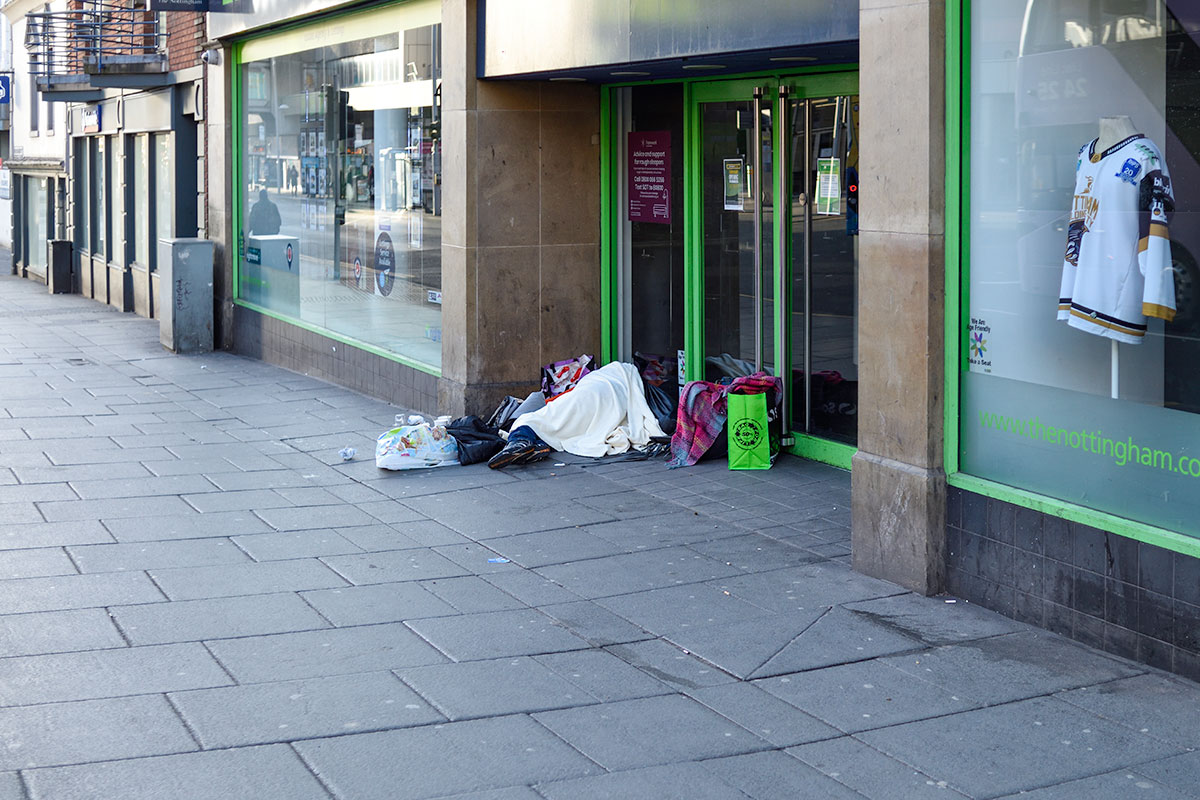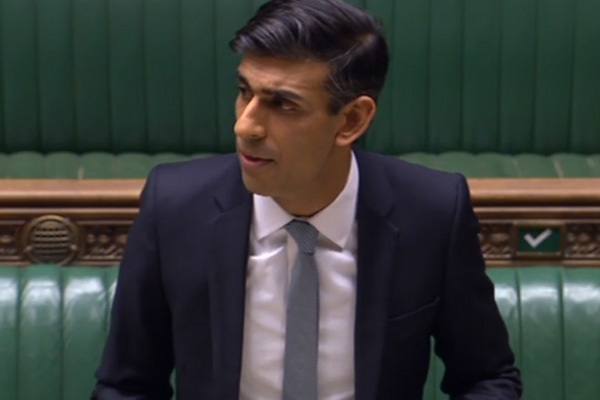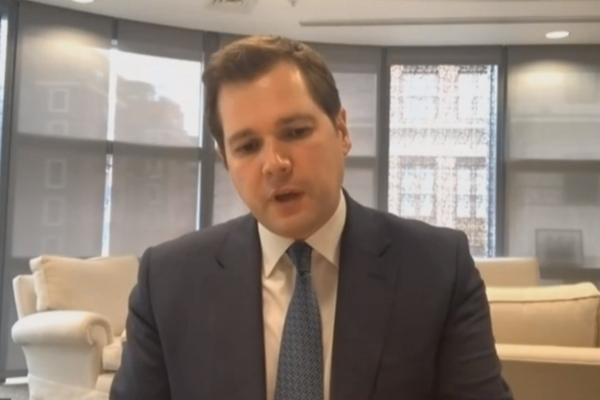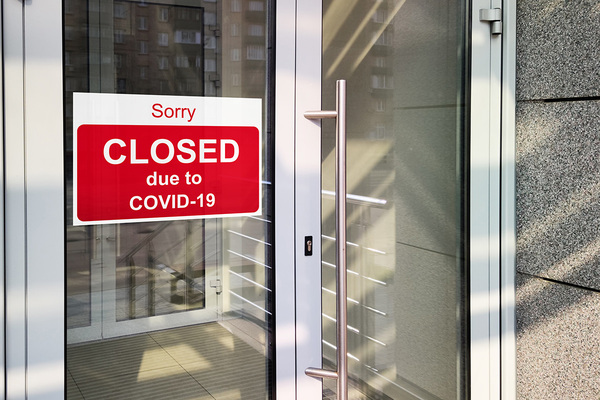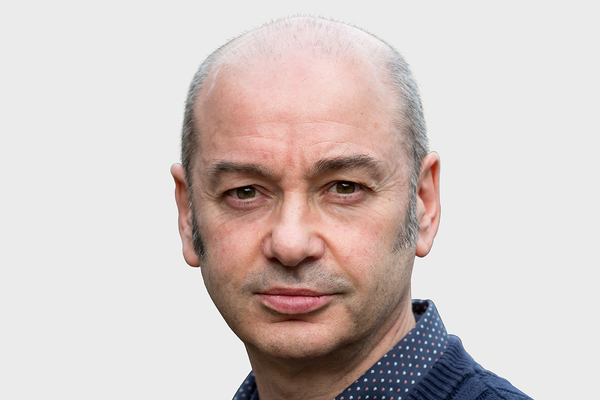You are viewing 1 of your 1 free articles
Explainer: how governments across the UK are supporting homeless people during the second wave
At the start of the COVID-19 pandemic, all four national governments across the UK led valiant efforts to find self-contained accommodation for rough sleepers, as well as those sleeping in shelters and shared hostels. Lucie Heath explains what happens next
With charities warning that support for homeless people may be wavering in parts of the country, we look at the different ways each of the four nations are attempting to support homeless people through funding and policy changes.
England
According to the UK government, more than 15,000 people have been housed in emergency accommodation – including hotels, student accommodation and B&Bs – in England since the start of the COVID-19 pandemic.
To support with the move-on process from this accommodation, the government has announced a £266m Next Steps Accommodation Programme, of which £105m will go to interim accommodation options, such as aiding moves to the private sector, while £161m will be used to fund the delivery of 3,300 supported homes by March next year. The latter is part of a total of £433m to provide 6,000 long-term homes for those housed during the crisis.
In addition to this move-on funding, the government recently launched a £15m Protect Programme, which will provide funding to the 10 areas with the highest rough sleeper populations to support those who are ‘clinically vulnerable’, meaning they are most at threat from becoming seriously ill from coronavirus.
A further £10m has been made available to all local authorities as part of the government’s annual Cold Weather Fund for rough sleepers, however this is less than the £13m Cold Weather Fund provided last year.
Finally, the government has provided a £2m Transformation Fund for the faith, communities and voluntary sectors to enable them to bring forward more COVID-secure accommodation this winter.
In terms of policy changes, the government has updated the homelessness code of guidance to say that councils should take into consideration what impact the COVID-19 crisis has on whether people are assessed as being vulnerable. This means councils are more likely to find that they have a duty to house a person who is at greater risk from the virus because of underlying health conditions, for example.
The government has not changed its rules around no recourse to public funds (NRPF) and has said it is up to councils to determine whether they can lawfully support those who are unable to access public funds because of their immigration status.
Scotland
In June, the Scottish government reconvened its Homelessness and Rough Sleeping Action Group (HARSAG) to review the country’s homelessness policies after a similar effort was made to house all rough sleepers during the COVID-19 crisis.
One month later, the government accepted in principle all 105 recommendations from the group, which include providing accommodation for rough sleepers for the duration of the pandemic.
During the pandemic, the government has brought forward a number of homelessness policies that were already in the works. Firstly, it announced that from January 2021 councils will no longer be able to house rough sleepers in hotels or B&Bs for more than one week. Unlike in the rest of the UK, councils in Scotland already have a duty to house all rough sleepers regardless of whether they are considered to be in priority need.
In October, the government published its updated Ending Homelessness Together strategy, which included plans to completely phase out night shelters in favour of rapid rehousing welcome centres. While these centres will still provide emergency accommodation, an emphasis will be placed on moving those who stay there into longer-term accommodation as quickly as possible.
As welfare is not a devolved matter, the devolved governments of the UK have limited power with what they can do with regards to NRPF. Earlier this week, the Scottish government announced it was providing £278,784 to six organisations that support those who are unable to access benefits because of their immigration status.
Wales
In April, the Welsh government issued additional homelessness guidance to local authorities – making it clear that for the duration of the pandemic, those who are sleeping rough should be considered vulnerable, meaning councils have a duty to find accommodation for them.
One month later, the government announced a £20m fund for councils to transform their homelessness services and ensure that the 800-plus people who had been housed since the period when the lockdown began did not return to the streets.
To bid for this funding, councils were asked to develop rapid rehousing plans, which should consider how to increase the supply of social housing and how to support those with NRPF, among other things.
In August, the government announced a further £40m for local authorities to support their efforts in ending homelessness.
Northern Ireland
Like in the rest of the UK, an effort was made in Northern Ireland to find self-contained accommodation for all rough sleepers at the start of the COVID-19 pandemic. In April, Northern Ireland’s communities minister Deirdre Hargey announced that nobody was seen sleeping on the streets for the second weekend in a row in Derry and Belfast after the Northern Ireland Housing Executive (NIHE) put in place emergency measures such as the sourcing of extra temporary accommodation.
The main funding stream for supporting homeless people in Northern Ireland is called Supporting People, which the NIHE is responsible for administering. During the pandemic, the Department for Communities made the decision to temporarily unfreeze Supporting People Reserves so providers can draw down on this funding to deal with COVID-19 pressures.
In May, a further £10m was allocated to Supporting People so providers could support vulnerable individuals, including homeless people.
In September, the NIHE launched its Homeless Prevention Fund, which was introduced in 2019/20 when £330,000 was allocated to 29 projects.
